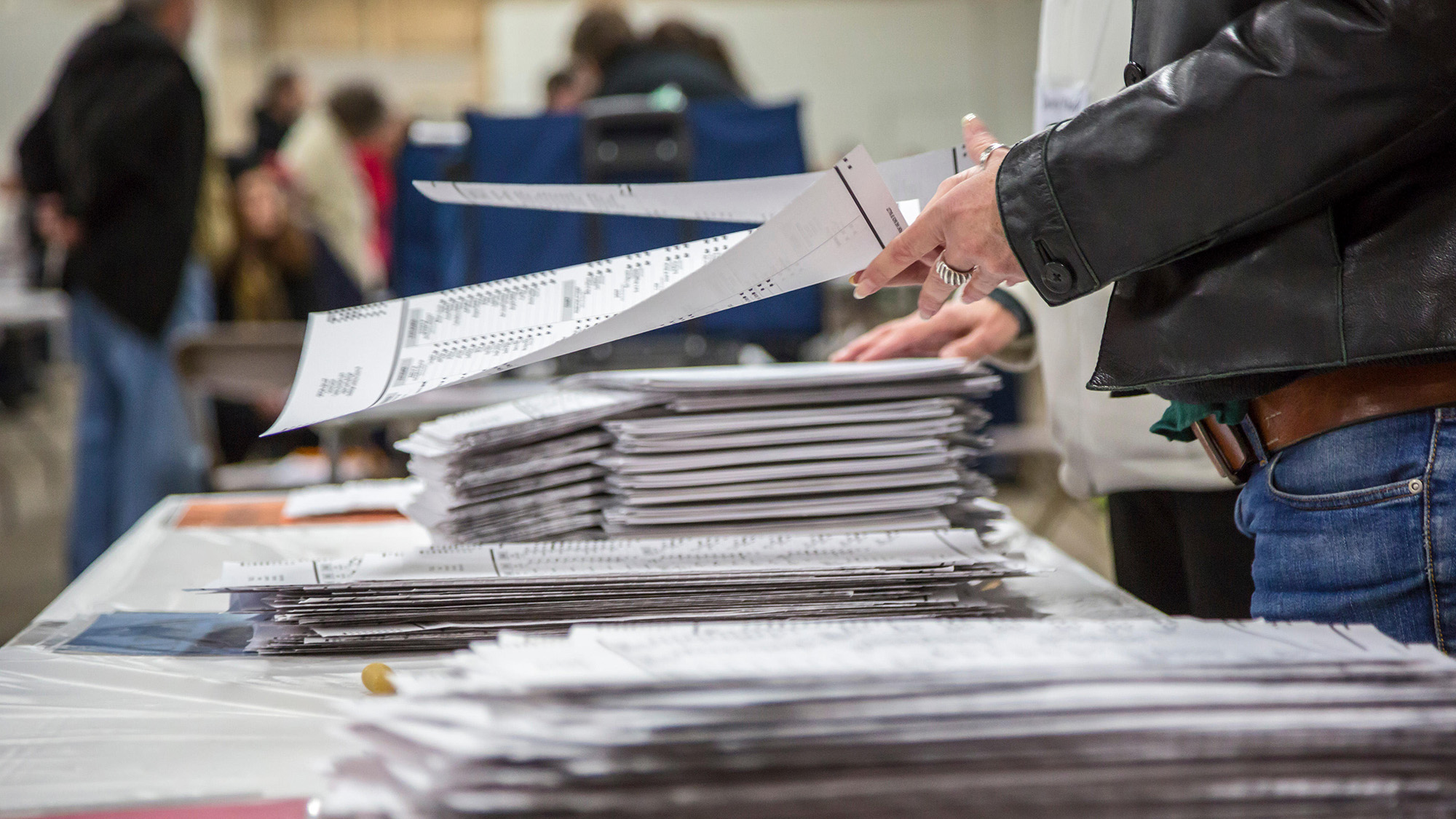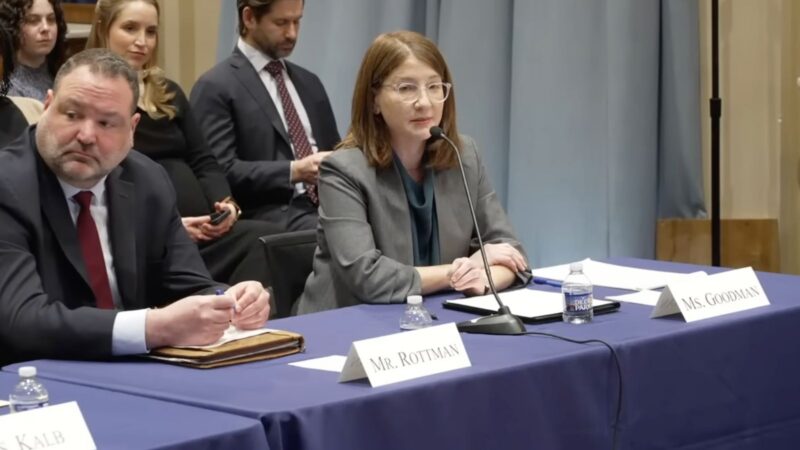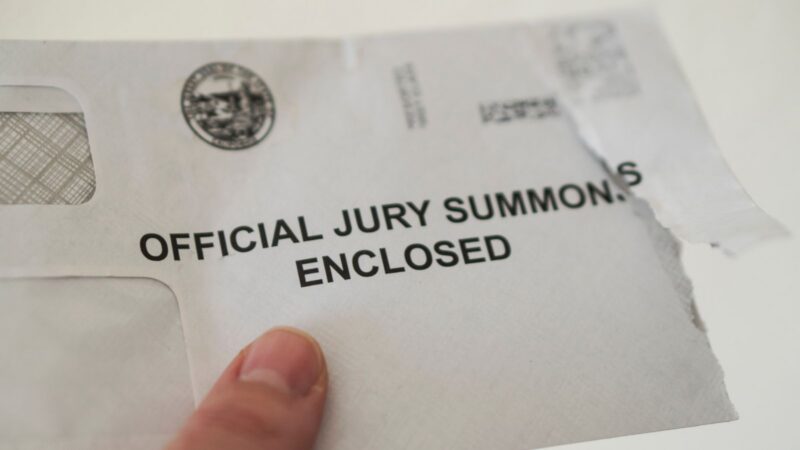New guidance on preventing election certification interference
- March 25, 2024
Report & Arizona amicus explain certification is not optional

Washington, DC – On March 25, Protect Democracy published Election Certification Is Not Optional: Why refusing to certify the 2024 election would be illegal, a report outlining the mandatory duty of county officials to certify election results. Drawing on state laws governing certification in key states, the report explains that, despite recent threats to the certification process, refusing to certify an election is simply not a viable option. Courts and lawmakers have designed the certification process specifically to protect against abuses and manipulation by partisan actors.
In the wake of former President Trump’s insistence that only widespread fraud could explain his electoral loss in 2020, conspiracy-fueled attacks on election processes ensued nationwide and continue to this day. Some election officials who embrace election conspiracy theories have sought to abuse the power of their positions to disrupt certification and sow doubt in the process because they disagreed with the results. So far, however, in every such instance — by the report’s count, at least 21 counties across eight states — the election was ultimately certified through the proper channels, whether by court order enforcing non-discretionary certification or election administrators eventually opting to perform their legal duties.
“Our hope is that by sharing the many legal remedies that exist to protect the certification process, we can remove one more tool from the election subversion toolkit in 2024,” said Emily Rodriguez, who leads Protect Democracy’s efforts to combat certification interference in 2024. “Regardless of the outcome, it should be the voters — and not the vote counters — who choose the next U.S. President.”
One currently unfolding attempt to weaponize county certification as a means to disrupt the election process is Petersen v. Fontes, a lawsuit pending in Arizona Superior Court (Maricopa County) in which plaintiffs challenge key provisions of the Arizona Election Procedures Manual (EPM). The EPM provides critical guidance to local election officials across the state — including a provision outlining that Boards of Supervisors have a non-discretionary duty to canvass the returns as provided by the County Recorders. In an amicus brief that will be filed on March 25 on behalf of current and former Arizona election officials, Protect Democracy and partners at the Public Rights Project defend the certification provision as both legally correct and practically important for election officials seeking to conduct fair and efficient elections.
“Arizona’s Election Procedures Manual correctly explains that the Board of Supervisors has a non-discretionary legal duty to certify election results,” said Janine Lopez, counsel on Protect Democracy’s Election Law & Litigation Team. “This requirement is consistent with laws across states that intentionally define certification as a purely ministerial act. Arizona law provides several opportunities outside the certification process to count, verify, and challenge election results if necessary.”
By providing clarity on the laws that govern county certification — and outlining some of the legal consequences for abuse — Protect Democracy hopes to emphasize that attempts to interfere with the county certification process in 2024 would be futile, and officials who disrupt the election process can be held accountable by both state and federal law.
More information about this project can be found here.
Related Content
Join Us.
Building a stronger, more resilient democracy is possible, but we can’t do it alone. Become part of the fight today.
Donate
Sign Up for Updates Sign Up for Updates
Explore Careers Explore Careers
How to Protect Democracy How to Protect Democracy


